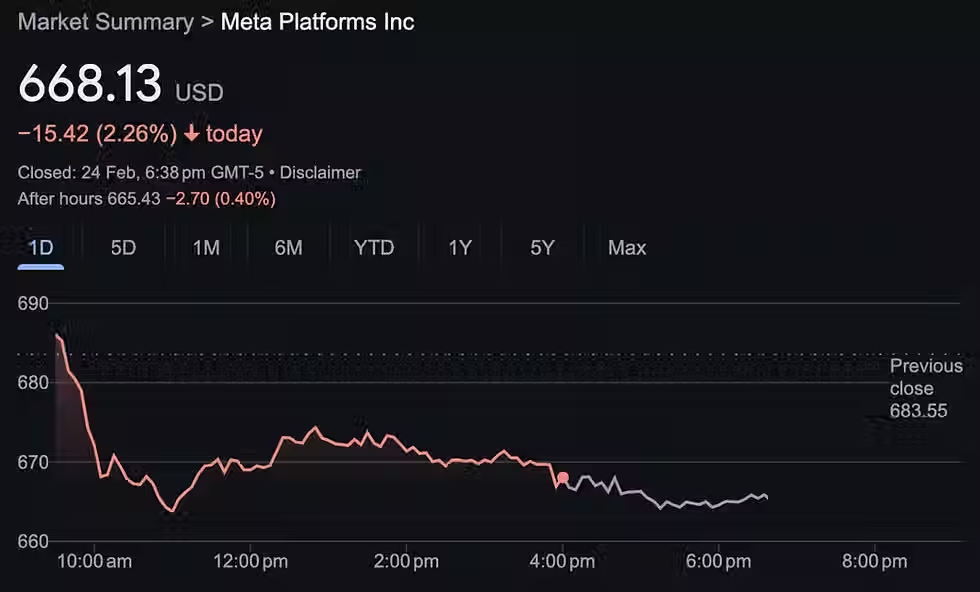Warren Buffett Journey Of Rediscovering GEICO
- Buffett Online School

- Apr 13, 2024
- 4 min read

Warren Buffett's investment journey is a captivating tale of financial acumen and enduring faith in companies with untapped potential. Today, we delve into another significant chapter of his investment saga, as he turned his attention to GEICO, an insurance company with a fascinating history.
The Early Days of Berkshire Hathaway
Back when Berkshire Hathaway was just getting started, Warren Buffett was already known for being really good at picking the right investments. He wasn't just good at picking stocks that would make money; he also had a knack for spotting companies that had a lot of potential to do well. One of these companies that caught his attention was GEICO, a big insurance company. What's interesting is that GEICO had also grabbed the attention of Warren Buffett's mentor, Benjamin Graham, the author of ‘The Intelligent Investor’.
The Rise of GEICO: A Unique Business Model
Founded in 1936, GEICO, short for "Government Employees Insurance Company," primarily catered to government employees, including foreign nationals. What set GEICO apart was its focus on customers with lower accident risks and its direct approach to insurance contracts, bypassing intermediaries like brokers. This approach allowed GEICO to maintain a cost-effective structure.
But, as the 1970s went on, GEICO ran into a bunch of problems. They made mistakes when they were figuring out how much to charge for insurance, and there were lots of other insurance companies fighting for customers, which made things even harder. This all put GEICO in a really tough spot financially. They had to do things like paying out less money when accidents happened. By 1974, GEICO was losing money, and in 1975, they didn't make any profits at all that they could share with their shareholders. The value of their stock dropped a lot, way lower than it used to be.
The Arrival of Jack Byrne: A Turning Point
In 1976, a guy named Jack Byrne became the boss at GEICO. At that time, GEICO was in big trouble and could have gone bankrupt. But Jack had a smart idea to sell a lot of preferred stock. This was like borrowing money from investors who trusted GEICO and, in return, they would get special shares of the company. It was a way to get more money to make sure the company didn't go broke.
A Bold Investment Strategy: Preferred Stocks and Common Shares
But Warren Buffett never lost faith in GEICO. Even though the company was having a tough time, he believed in its future. Warren actually knew about GEICO from way back when he was in college at Columbia University. He studied the company then. He waited patiently for the right time to invest. For Warren, investing in GEICO wasn't just about making money; it was like going back to something he really cared about from his earlier days.
Warren Buffett's investment in GEICO was unconventional. He didn't merely buy common shares but also acquired preferred stocks with redemption options. In the face of skepticism from the market, Buffett had unwavering faith in GEICO's solid foundation and the capabilities of CEO Jack Byrne. As predicted, after the successful issuance of preferred stock and overcoming the threat of bankruptcy, Buffett continued to acquire common shares. By 1980, he had invested $45.7 million, making him the company's largest shareholder with a 33.3% ownership stake.
Warren Buffett's trust in GEICO turned out to be right when the company started doing well again. Even though GEICO charged less for insurance than other companies, it managed to do really good by giving customers big payouts when they needed it. It's interesting that even though Warren owned a lot of GEICO, he let the people in charge of the company run things without interfering too much. The only thing he insisted on was that if there was any bad news, they had to tell him right away.
In terms of reporting, Jack Byrne exemplified the ideal executive. Even after his retirement, GEICO continued the tradition of transparent and honest reporting. This commitment to facts and integrity earned the company the prestigious "Fact Reporting Award" from The Washington Post in 1991.
After 1980, Warren Buffett didn't buy more GEICO stock. But, because the people running GEICO were buying back a lot of their own stock, Warren ended up owning even more of the company—50% of it, in fact. Then, in 1996, Warren made a really important decision. He put $2.3 billion into GEICO to make it completely owned by his company, Berkshire Hathaway. He did this partly because he remembered a visit he made to GEICO's main office back in 1951 when he was still in school. The folks there were so nice to him, and he wanted to say thanks in a big way.
Warren Buffett Story: The Heartfelt Investor
Warren Buffett's investments aren't just about making smart money choices; they're also about his personal feelings. He really cares about companies like GEICO and not just about making a profit. It shows that he's not only good with money but also has a soft spot for the companies he picks. His investments reflect both his financial smarts and the strong emotional bond he has with these companies.




Comments